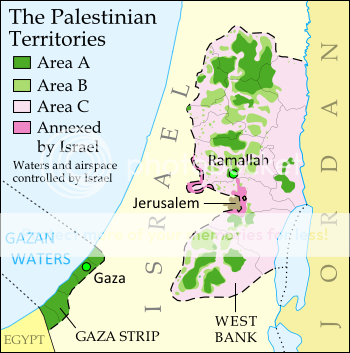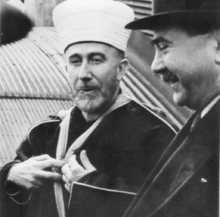ForeverYoung436
Gold Member
- Aug 10, 2009
- 6,050
- 1,226
- 245
Stupid post.It's true. For years Tinmore has repeated the same rigamarole about that treaty over and over again. Then one day someone actually posted the Treaty (I think it was Phoenall), and I was shocked when I read it over and Palestine wasn't even in it at all.In 1924 the Palestinians became the legal citizens of Palestine. This was according the rule of state succession (international law) and reiterated by the Treaty of Lausanne. This was followed up by the Palestinian Citizenship Order of 1925.I have two questions, maybe somebody can answer, about Samaria and Judea.
How did the Palestinians acquire those territories, and when did that happen?
Treaty of Lausanne...about as enforceable as the Magna Carta.
Beware of Wash, Rinse, Repeat Tinmore.
Even if it were enforced, the treaty doesn't mention Palestine anyway.
Also not mentioned: Syria, Lebanon, Iraq, and Jordan.
Do you have a point here someplace?
Look who's calling who stupid. The guy who doesn't think Palestinians are Arab.





